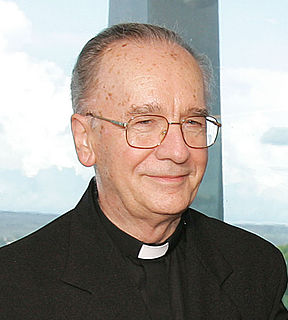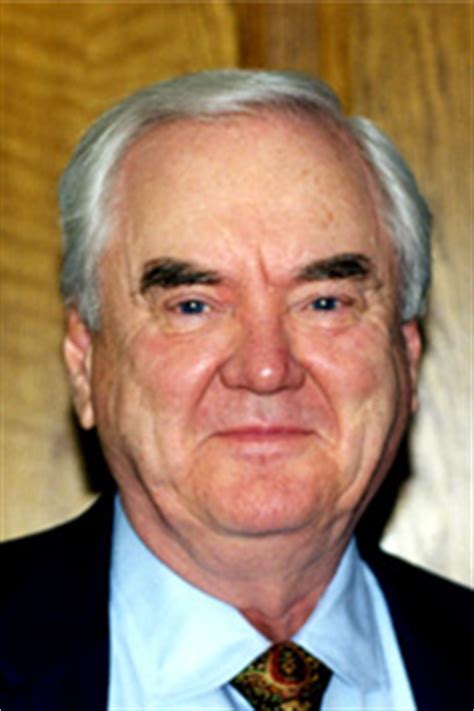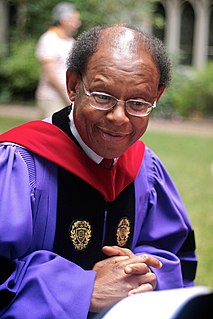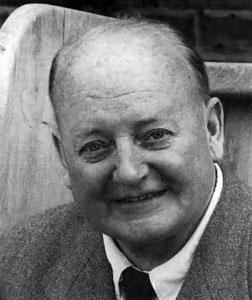A Quote by Noam Chomsky
The crime of liberation theology was that it takes the Gospels seriously. That's unacceptable. The Gospels are radical pacifist material, if you take a look at them . . . Liberation theology, in Brazil particularly, brought the actual Gospel to peasants. They said, let's read what the Gospels say, and try to act on the principles they describe. That was the major crime that set off the Reagan wars of terror.
Related Quotes
All archaeologists in Israel and Palestine make use of the New Testament Gospels. They do this because the Gospels exhibit verisimilitude. In short, the Gospels help archaeologists know where to dig and they help archaeologists understand what they unearth. The 2nd-century Gospels and Gospel-like writings rarely exhibit verisimilitude, so archaeologists rarely appeal to them.
The trouble with Christianity was that by about 150, there were hardly any Jews left in the Christian church, and so from that time until the last part of the twentieth century, the only people reading the gospels and interpreting the gospels and writing commentaries on the gospels were gentiles who were simply ignorant of the Jewish background, and I just thought they were prejudiced.
There is however difference between the theology of liberation and traditional theology, the latter being based primarily On the Word of God made incarnate in the Holy Scripture Liberation theology is of course also inspired by the Word, but its representatives are convinced that God also speaks to us in everyday events and that, for example, information obtained through the mass media can be a special way in which God speaks to us.
All I am in private life is a literary critic and historian, that's my job...And I'm prepared to say on that basis if anyone thinks the Gospels are either legends or novels, then that person is simply showing his incompetence as a literary critic. I've read a great many novels and I know a fair amount about the legends that grew up among early people, and I know perfectly well the Gospels are not that kind of stuff.
It's important, though, that there are not "four gospels." There is only one gospel: the good news of what God has done through Christ to save the world. But we read that one gospel in four complementary accounts: The gospel, according to Matthew, according to Mark, according to Luke, according to John.
The level above Man is called the Kingdom of Heaven or Kingdom of God in the Gospels. It has many other names in different writings. In the Gospels, it is said that the Kingdom of Heaven is within. It is at a higher level of a man. To reach it, a man must reach a higher level in himself. If everyone did this, the level of life on this earth would change.





































